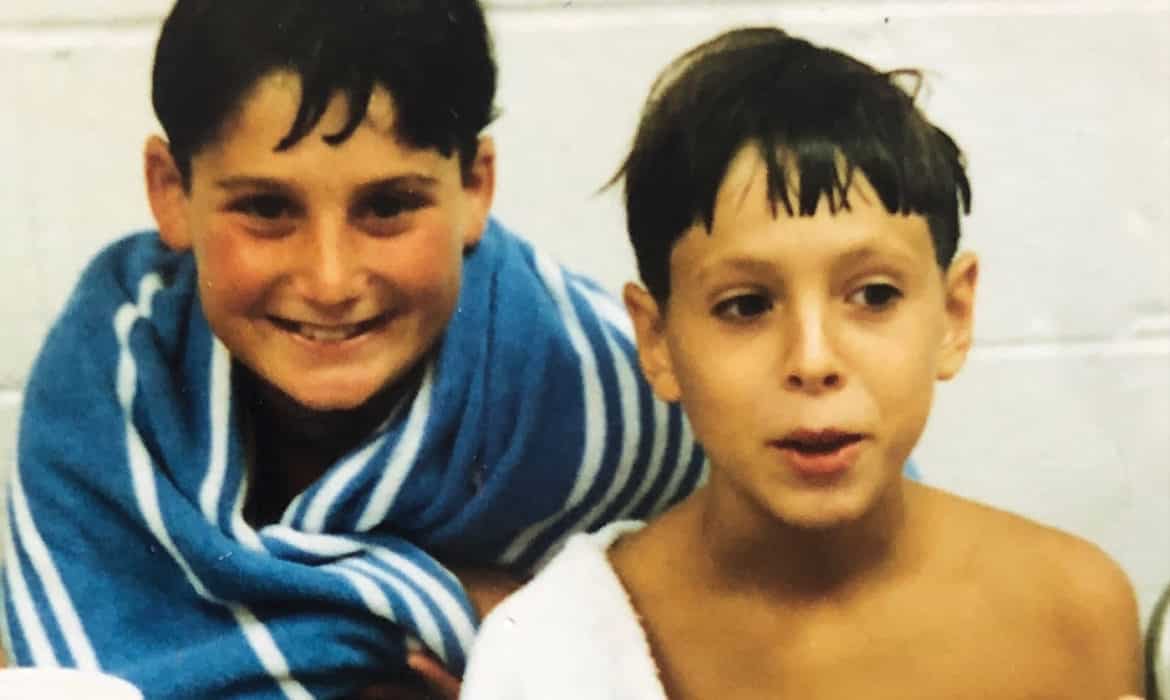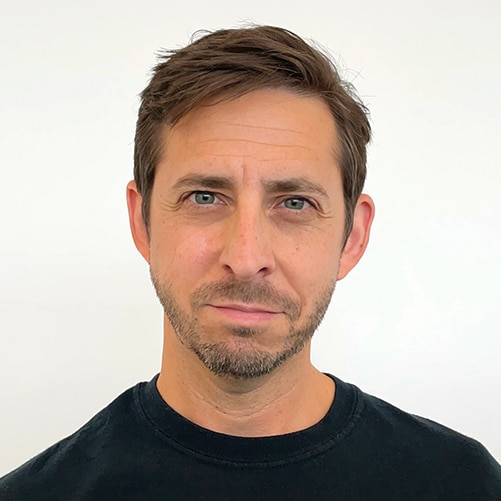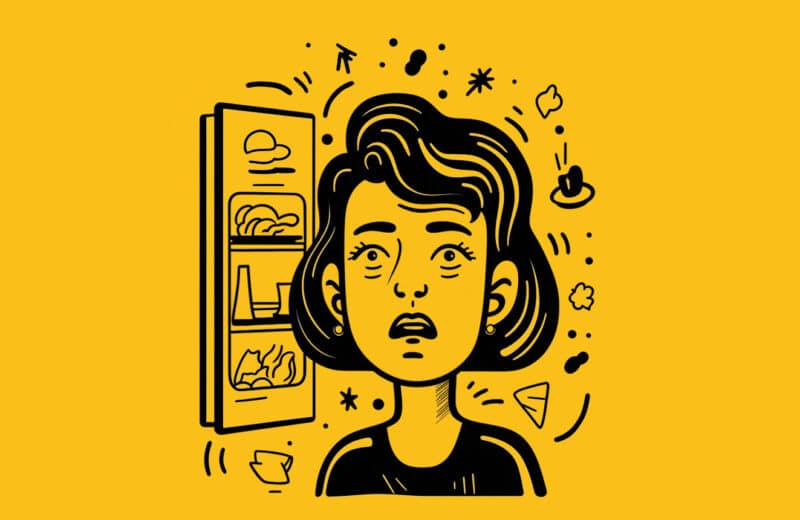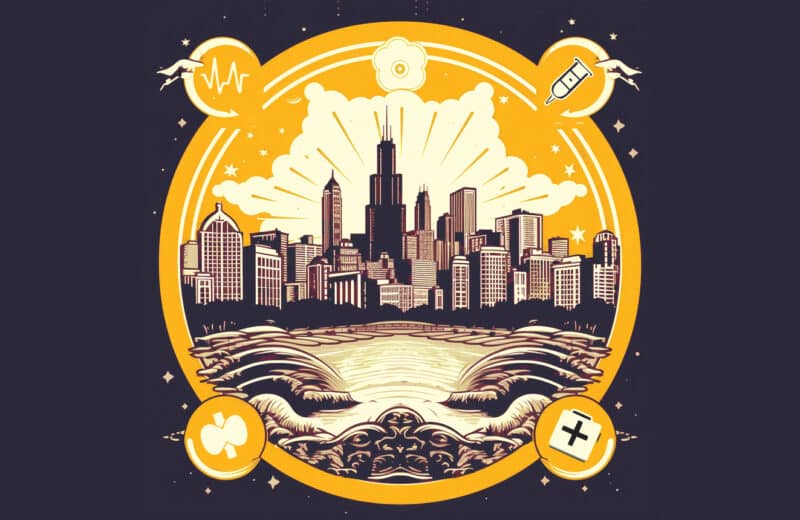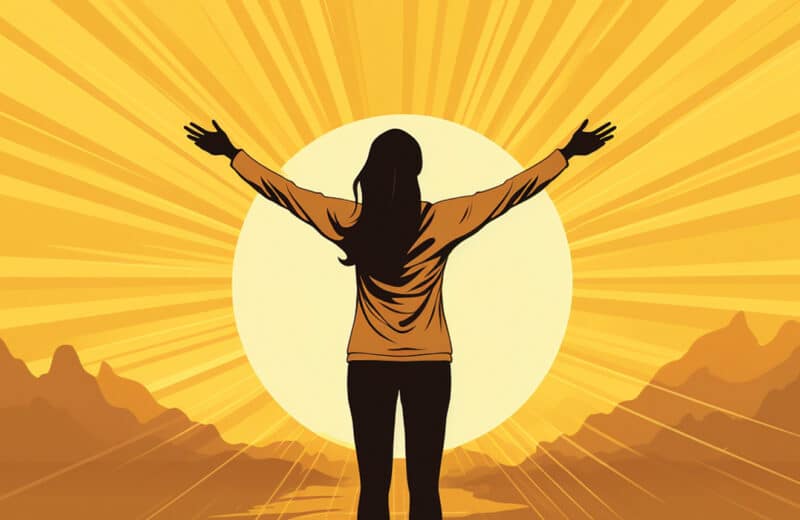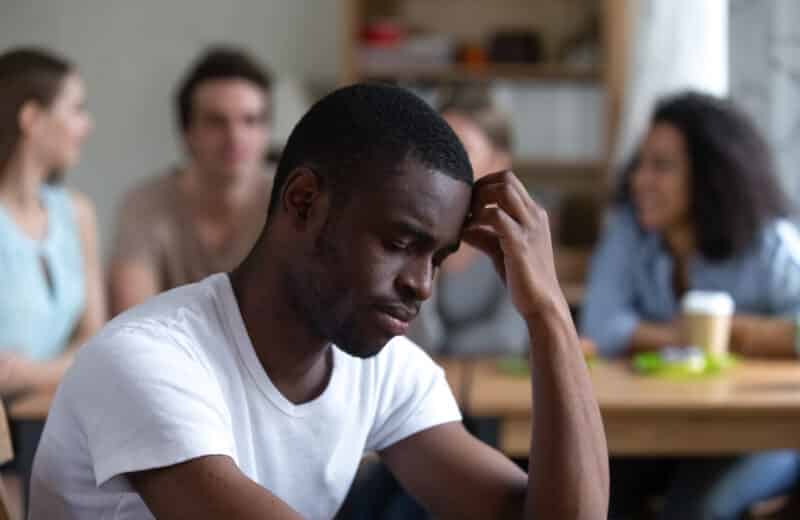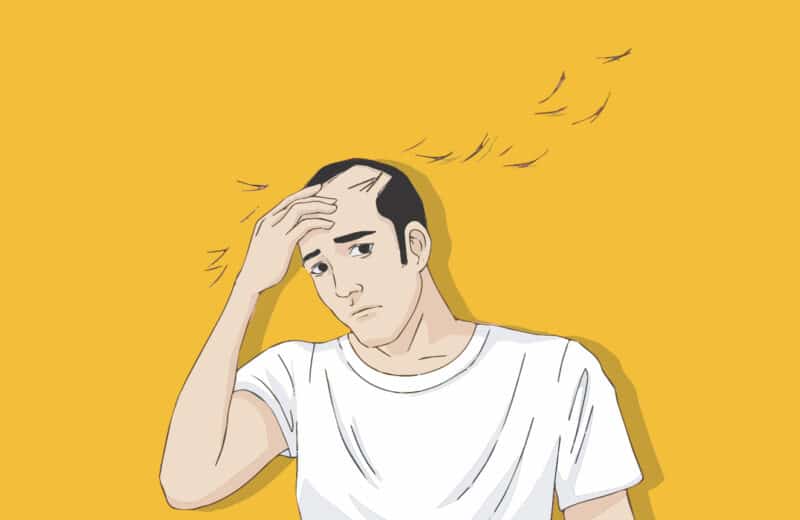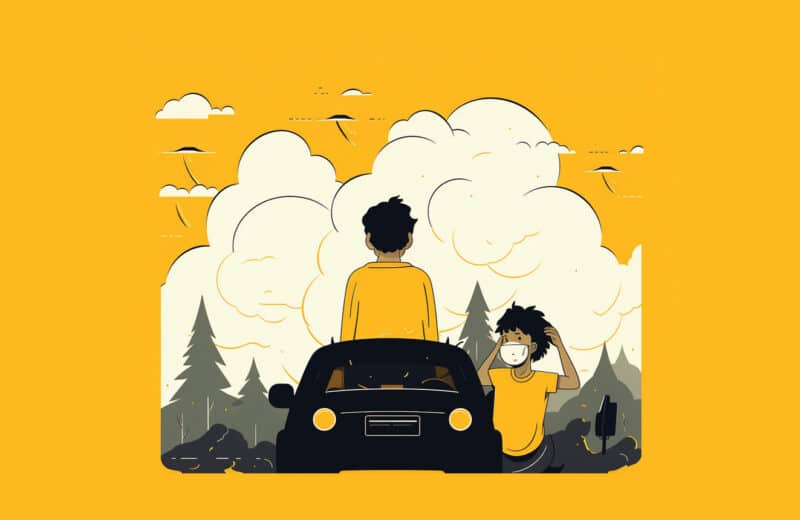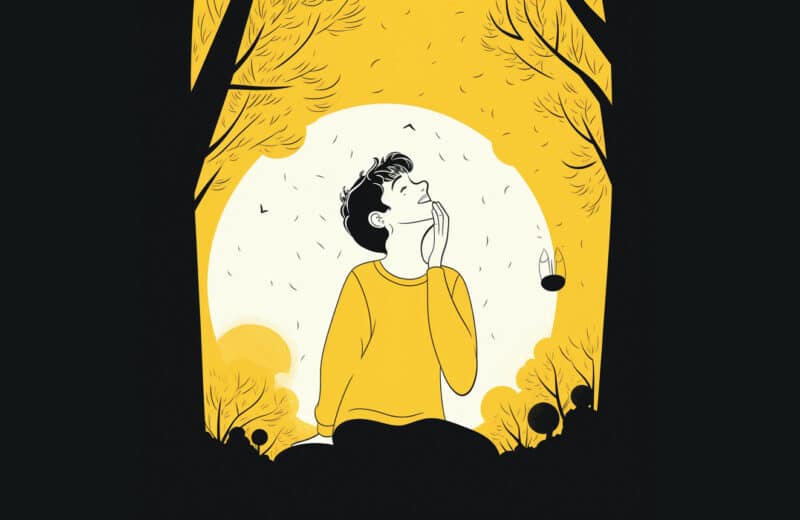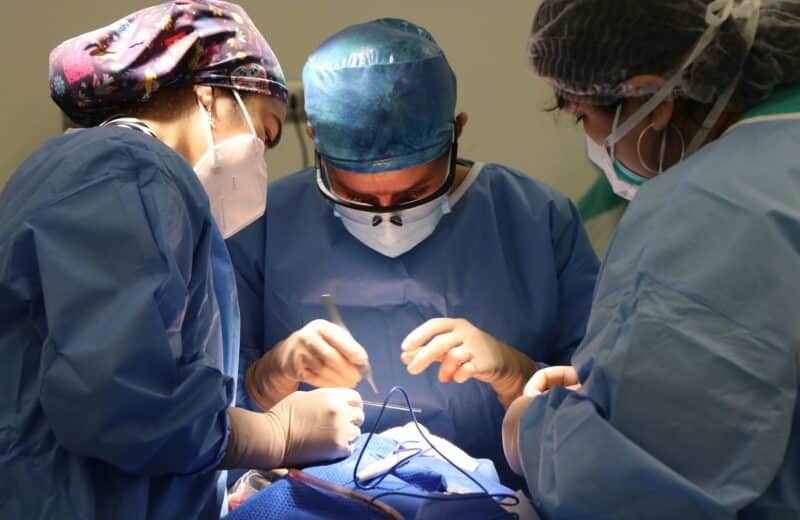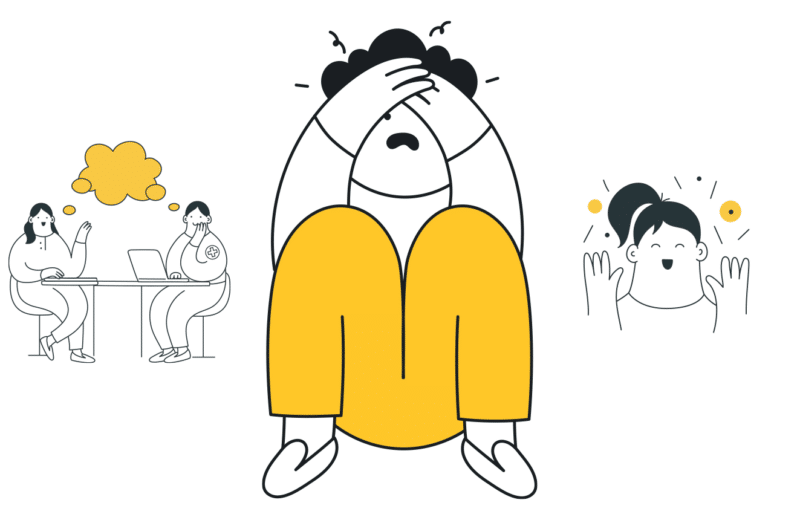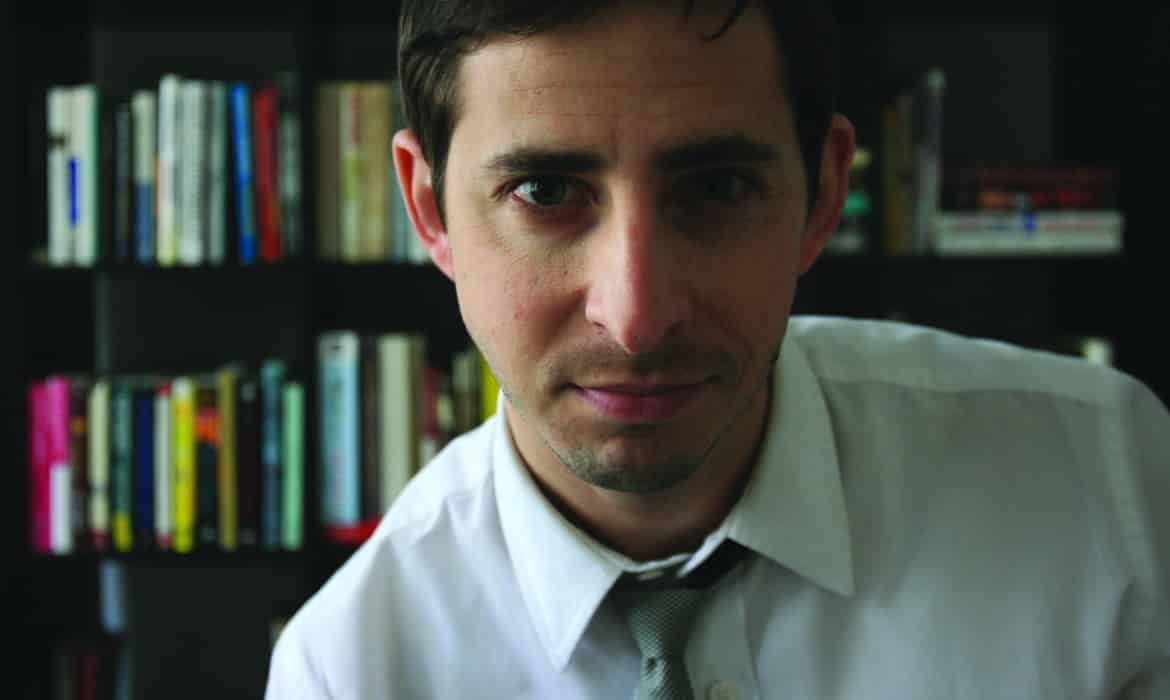
Brad was a good kid. A great kid. He was my baby brother Steven’s best friend for most of those three decades. We grew up with Brad’s wife, Barbie, too. His illness and death came with what felt like a Sisyphus-sized boulder of grief shared by every single player of my entire childhood.
And thank God everyone is there for each other.
Misery loves company, and death loves a party. It’s what gets us through the pain and the horror of an unexpected, incredibly fast loss. It’s what helps us keep it together for Brad’s two young boys and allows us to completely fall apart so that our grief and anger can stretch their legs before we pull it together again and continue facing the days ahead.
A lot was said at the funeral about how Brad’s friendship, with family members and friends alike, is irreplaceable. Speaking at the funeral, Brad’s uncle put the complicated issue simply when he asked, “What do I do now?” The answer: Weep. Scream. Curse the universe. Find the support you need.
Support works. … I saw it the morning I watched my old friends and their parents hold each other at the graveside in a scrummage meant to share their grief, contain their terror, and hold each other up.
“It’s hard to overstate how important support is,” says Timothy Pearman, PhD, director of the Supportive Oncology Program at the Robert H. Lurie Comprehensive Cancer Center of Northwestern University. “It’s a family diagnosis. It doesn’t just happen to one person — it happens to the whole family system.”
Pearman says there’s a growing appreciation for supporting oncology patients and their families. His program is big on cross-discipline collaboration (oncology, psychology, nutrition, fertility preservation) to help patients. They also work closely with social support organizations such as LivingWell Cancer Resource Center, Wellness House, and Gilda’s Club Chicago, to name a few.
“Social support is a one-size-fits-all fix for a lot of things cancer patients go through throughout their treatment,” Pearman says. “Does social support improve survival time? The jury is still out on that. But there is no question at all that those who receive support have the best outcomes for fatigue, depression, anxiety, insomnia. The biggest benefit is maintaining and improving quality of life.”
This goes not just for the patient, but for the caregivers, family, and friends, as well.
Support works. I’ve seen it at Gilda’s Club Chicago, whereI serve on the associate board. I saw it when my grandfather was riddled with cancer, and I saw it the morning I watched my old friends and their parents hold each other at the graveside in a scrummage meant to share their grief, contain their terror, and hold each other up — in all the ways.
Brad is gone. He no longer has to face the challenges of fighting cancer. But his family and friends are still here, and the hard work is ahead of them. It’s ahead of all of us who knew Brad Rosner. And one day, his young boys, who may not completely comprehend what’s happened now, will have to tackle the work of living with grief and missing their old man who was so, so young.
To quote my brother, Steven, at Brad’s funeral, “The loss felt by Brad’s passing is insurmountable.” He’s right. But at least we have each other. And there are plenty of places that have our backs when we need a break so we can break down.

